Vocational Education and Training (VET) and Community Care (CC) services involve thousands of people with disabilities in Europe. The impact that VET has on the quality of life (QOL) of people with disabilities (PWD) is of fundamental importance and represents a key element when addressing this issue.
According to the comparative data on Europe 2020 & PWD (European network of academic experts in the field of disability, 2018), at EU level, 23.6% of young PWD aged 18-24 are early school leavers, while, for the non-disabled, the average is 11.0%. The rate of PWD who have completed tertiary or equivalent education is 30.3% compared to 43.5% for people without disabilities. The education gap between PWD and people without disabilities decreases as the education level increases. This means that investing in education for PWD yields a higher benefit and decreases their relative disadvantage compared to people without disabilities
Analysis of European Quality of Life survey data identifies PWD as one of the groups who score low on items such as perceived social exclusion and participation in society (Eurofound, 2019; in Eurofound (2018), The social and employment situation of people with disabilities). According to Eurofound (2018) “Those that have a job less often report feeling left out of society than those who are long-term unemployed or unable to work because of their disability”.
According to Eurofound (2018) “Those that have a job less often report feeling left out of society than those who are long-term unemployed or unable to work because of their disability”.
However, it seems that VET and CC providers do not find enough space in their activities to analyse and improve their positive impact on the QOL of people with disabilities and this can be attributed to three main challenges. Firstly, the concept of QOL and the indicators to measure it can change quickly and measurement tools soon get outdated. Secondly, professional QOL skills and tools of VET and CC providers’ workers are often incomplete and often do not take into consideration the input of PWD themselves. Finally, the impact of VET and CC provision on QOL of PWD is difficult to measure.
The project QOLIVET – Enhancing the Quality of Life Impact of inclusive Vocational Education and Training and Community Care aims at tackling these three challenges by creating real and innovative tools to support VET and CC providers to increase their impact on the QOL of PWD. Funded through the Erasmus + programme under KA2 – Strategic Partnerships for VET, the project started in November 2020 and will last 30 months. The project is led by the European Platform for Rehabilitation (Belgium) and is implemented together with organisations from six different EU countries including: CPRG (Portugal); EVTA (Belgium); EWORX (Greece); Fundacion ONCE (Spain); REHAB Group (Ireland) and University Rehabilitation Institute (Slovenia).
Together, the partners will work on research and analysis at national and EU level and create good practice guidelines on VET and Community Care service provision. These background documents will be then used to design an online training course on Quality of Life Impact of inclusive Vocational Education and Training and Community Care; an online portal and an impact assessment tool to measure QOL.
The results of the QOLIVET project will have a positive effect on QOL impact of VET and CC and generate long-term benefits. It will improve not only the professional competences of participants and project partners but the overall quality and effectiveness of VET and CC intervention at EU level, increasing the knowledge of decision makers and supporting the introduction of better policies in the field. At a larger scale, PWD will be more integrated in their communities and have more opportunity to enter the labour-market, thus reducing discrimination and social exclusion.
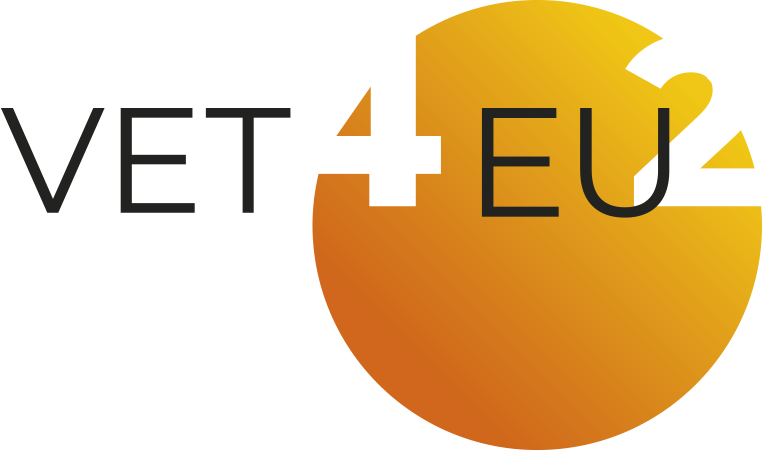
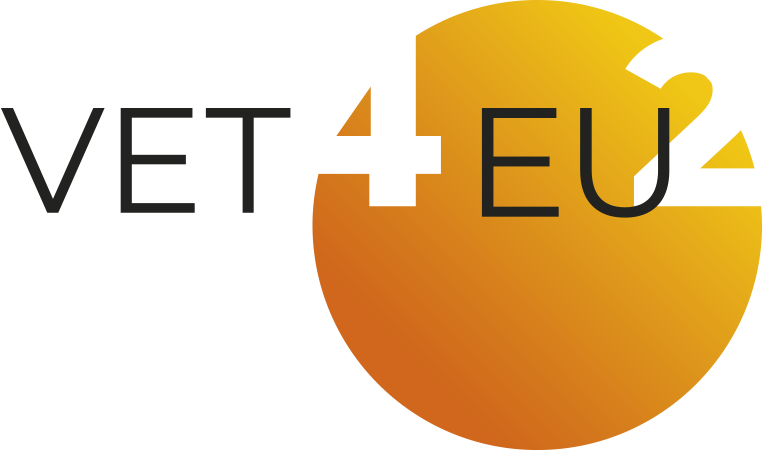

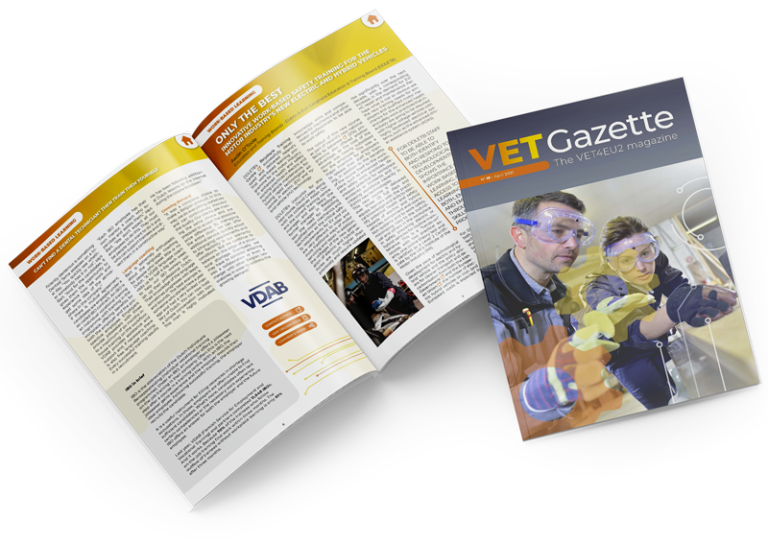
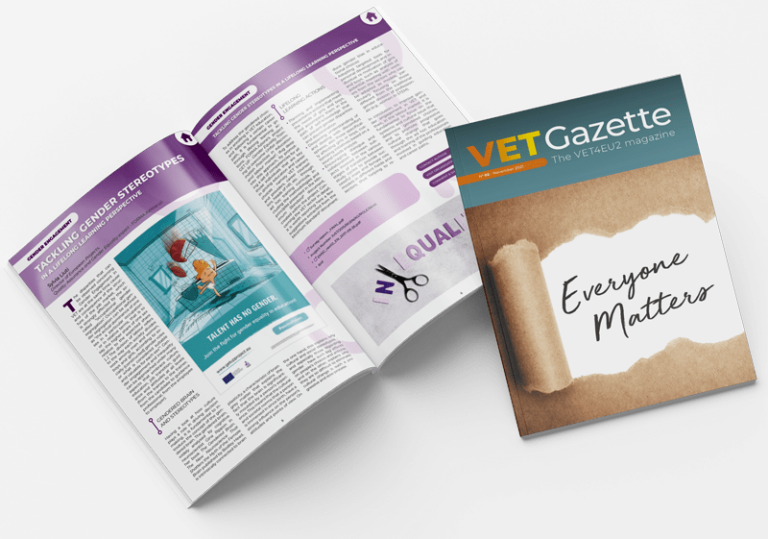
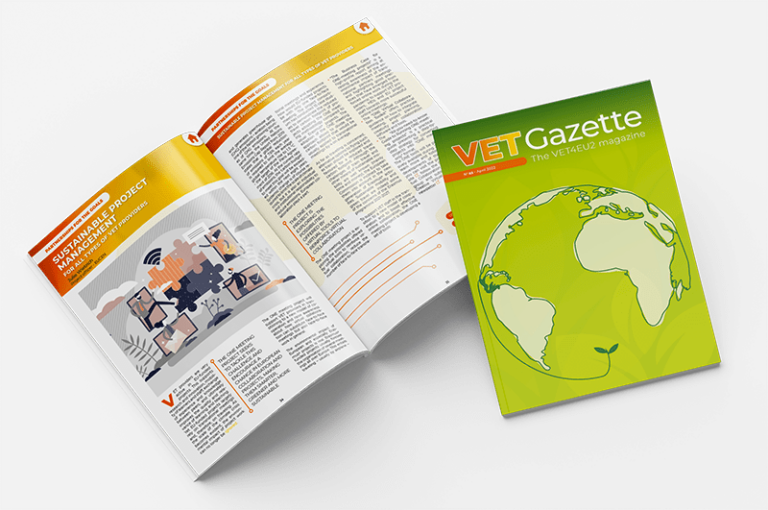
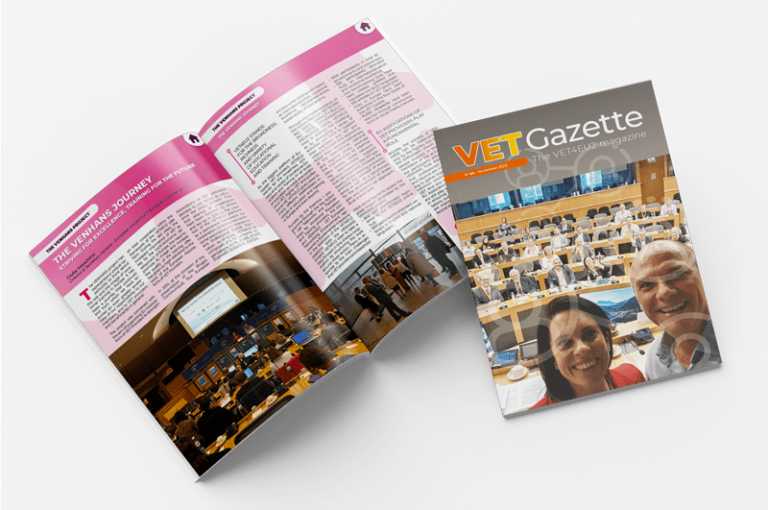

Responses